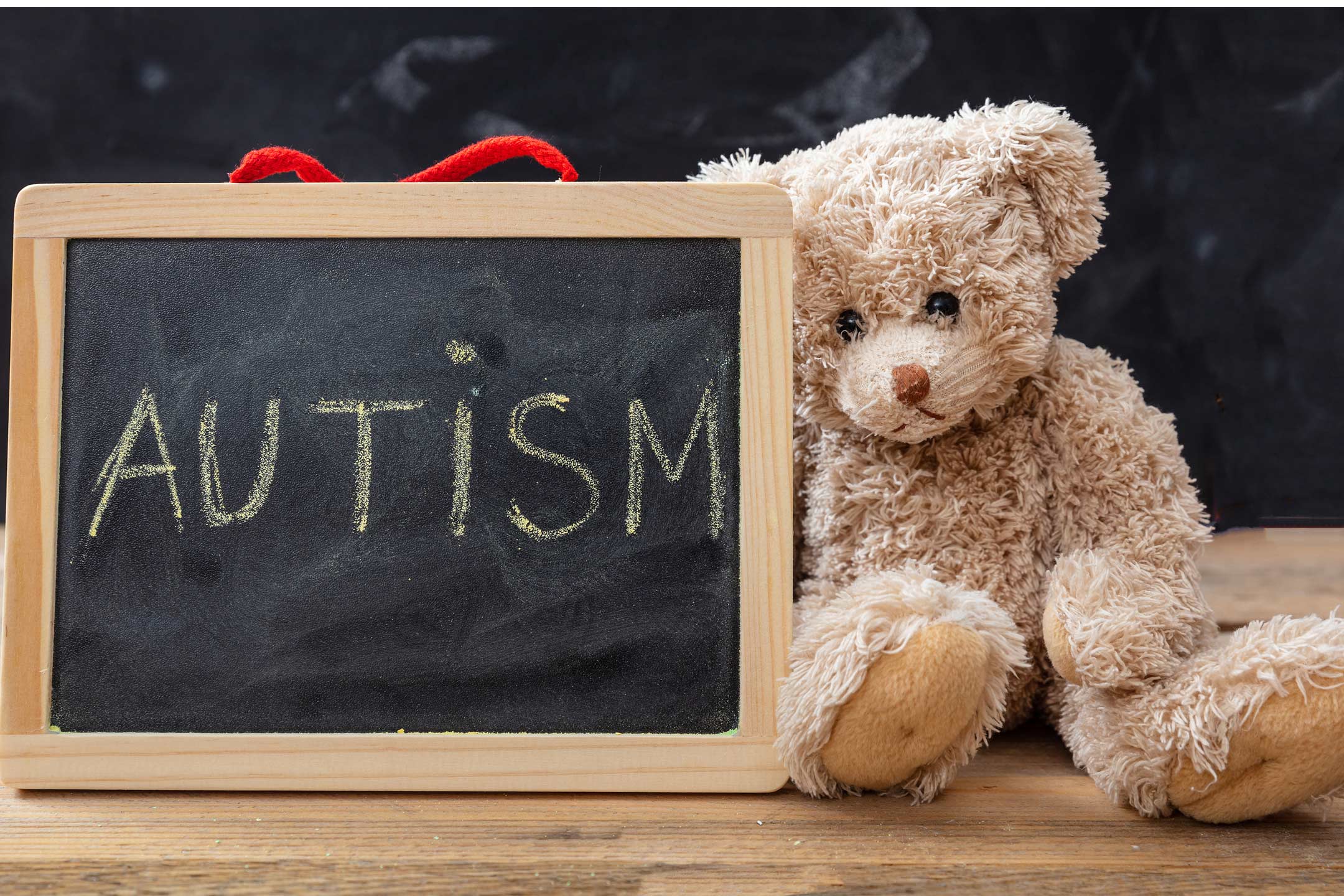
26 Jun Study finds medicinal cannabis may reduce behavioural problems in kids with intellectual disabilities
A new study has found cannabidiol, a type of medicinal cannabis, may reduce severe behavioural problems in children and adolescents with an intellectual disability.
The pilot study, led by the Murdoch Children’s Research Institute (MCRI) and published in the British Journal of Clinical Pharmacology, recorded a clinically significant change in study participants’ irritability, aggression, self-injury, and yelling. The intervention was also found to be safe and well-tolerated by most study participants.
This is a world first investigation of cannabidiol to manage severe behavioural problems in children and adolescents with an intellectual disability. Most of the participants also had autism.
Although the pilot study was not large enough to make definitive statements, the early findings strongly support a larger follow-up trial.
The findings come as Federal Health Minister Greg Hunt announced MCRI would receive a $883,484 Medical Research Future Fund (MRFF) grant to conduct a large scale randomised placebo-controlled trial study to definitively test the findings as well as the cost-effectiveness of the treatment. Only a large scale randomised controlled trial can produce the definitive results necessary to drive changes in prescribing and clinical care guidelines.
Cannabidiol is already being used increasingly to manage a range of medical and psychiatric conditions in adults and epilepsy in children.
Parents of children with an intellectual disability and severe behavioural problems are increasingly asking pediatricians whether they can access medicinal cannabis for their child. But the researchers found many physicians feel unprepared to have these conversations with their patients.
Research at a Glance:
- A new study has shown that cannabidiol, a cannabis-derived supplement, may reduce the severity of behavioural problems in children and adolescents with an intellectual disability
- The supplement was found to be safe and well-tolerated by most study participants
- The researchers have received a $883,484 MRFF grant to conduct a large scale randomised placebo controlled trial study to definitively test the findings as well as the cost-effectiveness of the treatment
Researchers from The Royal Children’s Hospital, the University of Melbourne and Monash University also contributed to the study.
Reference:
Publication: Efron D, Freeman J L, Cranswick N, Payne J M, Mulraney M, Prakash C, Lee K J, Taylor K, Williams K. ‘A pilot randomised placebo-controlled trial of cannabidiol to reduce severe behavioural problems in children and adolescents with intellectual disability,’ British Journal of Clinical Pharmacology. DOI: 10.1111/bcp.14399

